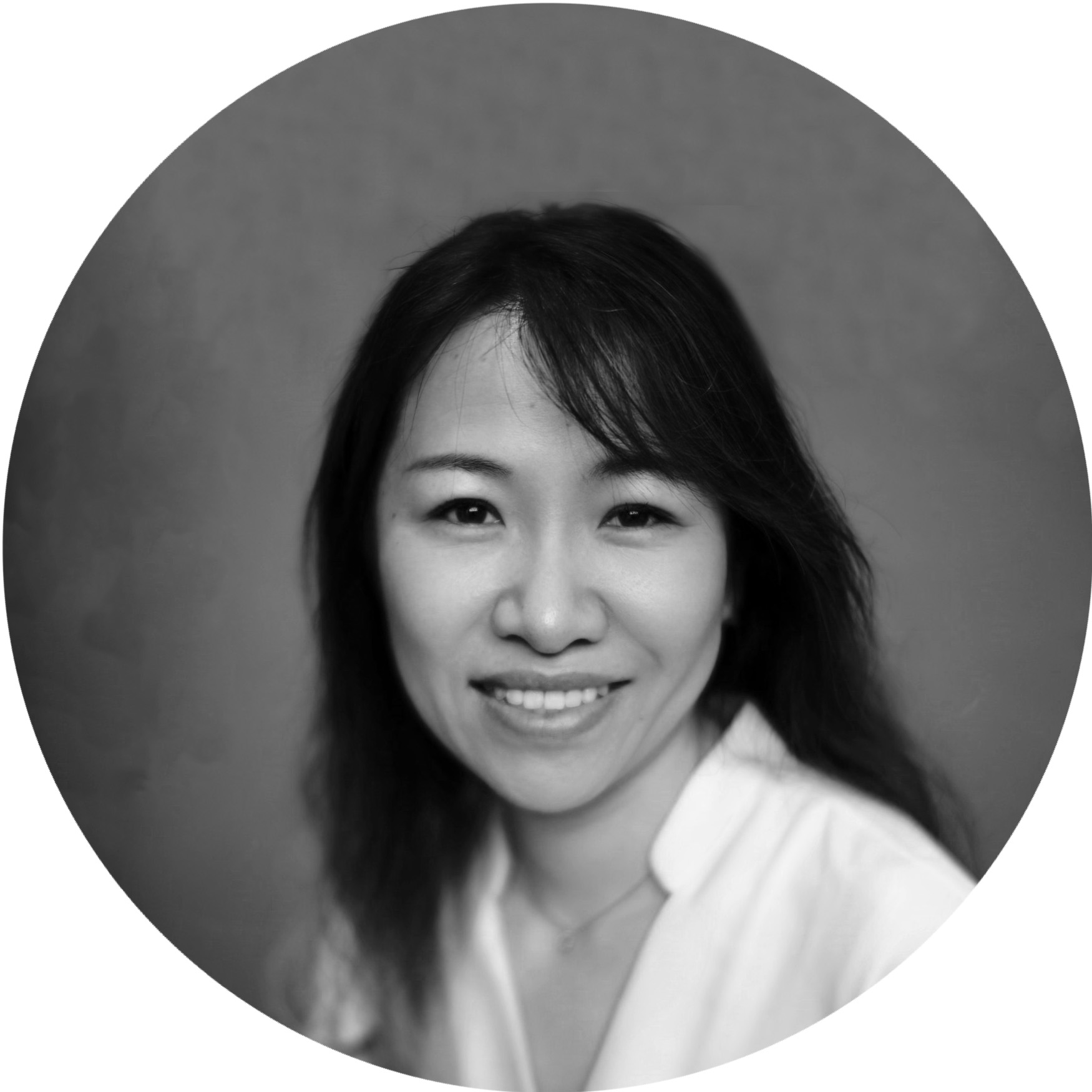Nursing professor is leveraging AI and healthcare knowledge to support caregivers

In her personal and professional lives, UW Tacoma nursing professor Weichao Yuwen has seen the toll that caregiving can take on families navigating chronic conditions.
She’s leveraging AI technology and healthcare knowledge to provide caregivers with evidence-based therapies and resources through Caring for Caregivers Online (COCO), a chatbot-based app she developed with support from the CoMotion Innovation Gap Fund (IGF), UW’s Population Health Initiative, and more.
She spoke to us about how advances in AI have transformed the project, the importance of networking and partnerships, and the difference an IGF award can make.
What’s the status of the project now?
One major effort over the last couple of years, driven by advances in AI, has been updating our previously rule-based chatbot into a large language model (LLM)-based chatbot. This upgrade allows for a wider range of therapeutic responses delivered with empathy, enhancing the user experience.
Safety is a big priority for us because healthcare and family caregiving is such a delicate space. We’ve done iterative rounds of testing, first with experts, clinical psychologists, and nurses, and last month, we started testing it with caregivers, with close monitoring.
How have you navigated the funding aspect of the commercialization journey, from academic grants to meeting with VCs?
An ongoing part of my job as a researcher is getting grants, and I’m slightly more comfortable with that. However, the main challenge for me as a scientist is navigating the business world. We meet regularly with our CoMotion innovation manager, Laura Dorsey, who advises us on commercialization, and we’re always networking in the caregiving space.
Our focus now is connecting with startups that provide business expertise and can benefit from our strengths in research. Investors always want to know: What is the scientific basis for this intervention? Do you have evidence that an AI chatbot can genuinely assist caregivers? Our data can help answer those questions.
You won a $50,000 CoMotion Innovation Gap Fund award in 2020. What difference did those funds make for COCO?
Our IGF award helped us with customer discovery and market analysis, providing us with a comprehensive understanding of a complex ecosystem. There are so many players in the caregiving space—families, providers, insurance brokers, and employee benefit programs—with varying needs and motivations among users and payers.
IGF also helped us evaluate B2B and B2C pricing models. Now, when we meet with startups we want to collaborate with, they’ll present an initial go-to-market strategy, and we can say, “Well, here is the analysis we’ve explored in this space, and here is what we need to do if we want to pursue that strategy.”
What else was valuable to you about the IGF process?
The pitch practice sessions were great. The School of Nursing hosts an annual Shark Tank-style competition called Dawg Tank and our team won last year! I feel like we did well because we had so much experience and advice on how to pitch to the business world. It helped us craft our story and how we tailor it to different audiences and markets.
What’s next for COCO?
We’re developing Spanish and Chinese versions of our product tailored to the needs of caregivers who speak a language other than English at home and exploring other applications for the language-specific chatbots and databases we’re building. One project, which supports research study participants who speak languages other than English, recently received an acceleration award from the Institute for Translational Health Sciences.
In 2023 I co-launched the Responsible Health AI Lab (RHAIL), with funding from the NIH’s AIM-AHEAD initiative. Through that, we’re applying what we’ve done so far with COCO in the broader field of AI and health equity.